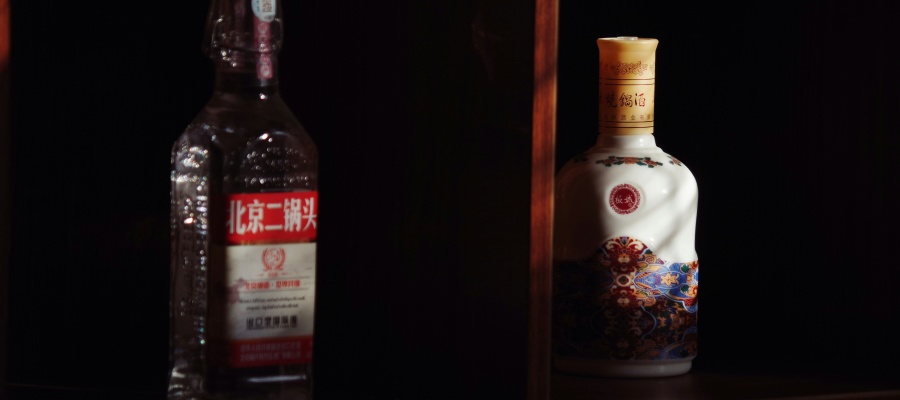In an effort to stay ahead of increasing competition and to expand beyond a maturing domestic market, China’s baijiu producers are taking a bold approach—reimagining their traditional spirit for the Western palate. The move comes amid rising investment by global alcohol giants such as Diageo and Pernod Ricard, both of which are actively building their presence in China.
According to reporting from Reuters, baijiu makers are now seeking to do what was once unthinkable: crack the Western market with reformulated versions of their intensely flavoured spirit, and with branding designed to resonate beyond China.
Domestic growth slows, global expansion begins
Baijiu is still the undisputed champion of China’s spirits sector, accounting for around 95% of all alcohol consumed in the country. Yet even with continued domestic dominance, the industry is seeing slower growth in its home market. High-end producers like Kweichow Moutai have already diversified into novelty offerings such as coffee and ice cream collaborations to create new buzz, but these initiatives haven’t delivered the volume growth needed.
Meanwhile, Western players have been gaining ground. Pernod Ricard has established a distillery in China and Diageo is following suit. Diageo already holds a 60% stake in Sichuan-based Shuijingfang, producer of the Swellfun baijiu brand, and it targets overseas Chinese consumers, particularly in Asia and cities like San Francisco and London. However, baijiu remains a niche product abroad—mainly confined to prestige department stores and select high-end bars.
Premium baijiu goes global
One producer embracing the Western pivot is Shede Spirits, based in Sichuan province. The company offers high-end baijiu that can reach up to US$1,000 per bottle and is now preparing to launch an international version of its flagship Shede label for about US$150. The reformulated spirit will hit markets in Europe, the US, and Japan this September.
To support this move, Shede has hosted tasting panels with participants from the US, UK, Australia, Singapore, and Japan, using the feedback to tweak flavour profiles for non-Chinese consumers. These sessions are aimed at refining the spirit’s appeal in markets where baijiu’s traditionally pungent and fiery taste has limited its reach.
Strategic alliances offer new pathways
Other Chinese distillers are choosing to grow through partnerships. Yibin Wuliangye, another major player in the sector, has teamed up with Italy’s Campari Group. The alliance aims to combine Wuliangye’s domestic clout with Campari’s well-established international distribution networks.
The collaboration has already produced the “Wugroni”—a creative spin on the classic negroni cocktail made using Wuliangye baijiu instead of gin. The cocktail was launched in Shanghai in September and marks a step toward introducing baijiu in more familiar and accessible forms to new audiences.
Campari, which has been a relatively late entrant into China’s spirits landscape, sees this partnership as a strategic boost to its ambitions in Asia. Meanwhile, Wuliangye benefits from Campari’s fast-growing global footprint, especially in Europe and North America.
Can baijiu win over Western drinkers?
The challenge for baijiu producers lies not only in flavour but also in perception. Baijiu’s complex aroma, traditionally described in terms as diverse as soy sauce and overripe fruit, has long divided opinion among international drinkers. Yet, as global consumers increasingly embrace premium spirits and become more open to craft and heritage-rich products, there may be a window of opportunity.
By moderating alcohol content, adjusting flavour profiles, and aligning with international cocktail culture, Chinese producers are hoping to reframe baijiu as an aspirational spirit rather than an acquired taste.
If successful, it would mark a significant milestone for a category that has remained largely confined to China despite being the most consumed spirit in the world by volume. With refined branding, targeted price points, and growing support from multinational partners, baijiu may soon be appearing on more shelves and back bars in Western cities—just with a slightly softer edge.


